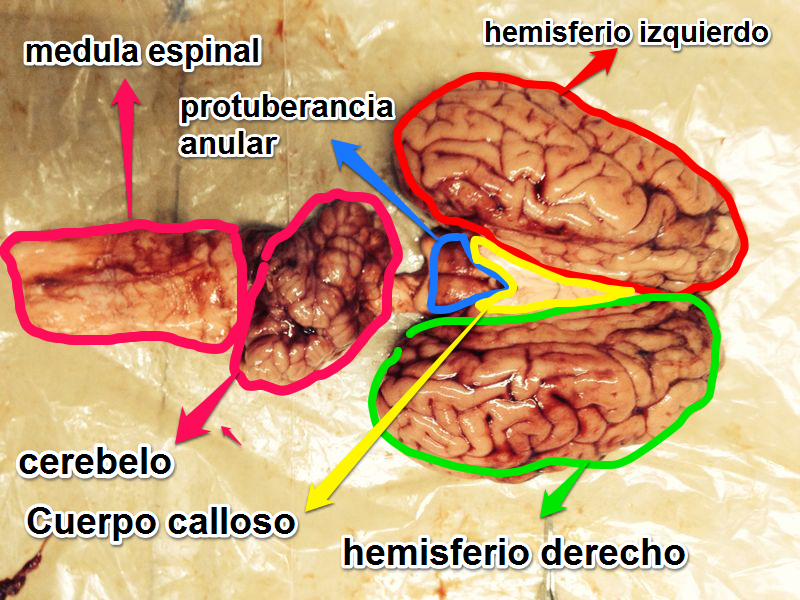Thinking Skills: Introduction
Arguments consist of a reason or reasons which support of a conclusion, usually, we use arguments in order to persuade someone of something. As to support this arguments, we need a set of tools.
- Evidence: They are used to support the reasons of the arguments. They depend on the credibility they present. It needs to be judge; it can be believable (credible) or not.
Where do we take evidence from? Sources. These are were we take evidence from, it can be a person (an eyes witness for example), an article, a tv show, etc.
As to judge the credibility of sources and evidence we need to use the credibility criteria, we can see this, also, as a tool-kit.
- Neutrality: If a source is neutral it means is impartial, it does not take any side. It has no reason to lie, distort evidence or present information to support only one side, therefore, this would be the most reliable sources or evidences. Generally, international courts take this type of “neutrality”.
- Vested Interest: If a person or an organization has a vested interest it means they gain something from defending a point of view. They probably would distort information, ignore evidence to benefit themselves. However, not because a group or an individual has vested interest means they are lying.
- Bias: Is sometimes a consequence of Vested Interest. Bias is favouring certain point of view, seeing things in a particular way.
- Expertise: Usually, we believe most things experts say. Training, knowledge, skills, and experience make them credible sources. However as experts are humans they may be wrong; sometimes a doctor diagnoses a patient badly, an architect miscalculates something and the building falls apart, etc.
- Reputation: Generally, we tend to believe sources that have a high reputation. However reputation doesn’t mean that the information is reliable, for example a politician could be lying.
- Observation and eyewitness accounts: In a crime scene eyewitnesses tend to be more credible than the second hand or hearsay evidence. This is due to the fact that eyewitnesses saw the event and tends to be more reliable. However as to consider its credibility it needs to be evaluated.
- Corroboration: are the pieces of evidence that support each other and it actually increases the credibility of evidence. However, for example, if people are feared of loosing their jobs they may lie.
- Selectivity and representativeness: Evidence is usually selective due to its vast amount. Groups such as Greenpeace, select evidence that only supports its view. We have to ask to ourselves: What kind of evidence is selected? Does it represent only one side? As mentioned before, Greenpeace selection of evidence reduces their credibility as sources because their bias is reflected.
- Context: logically, context means the setting or situation where the evidence is produced. It’s very important to have context as to judge the quality of evidence.
We can conclude, therefore, that if we combine credibility criteria we can improve the assessment of the credibility of the evidence.


Comentarios
Publicar un comentario